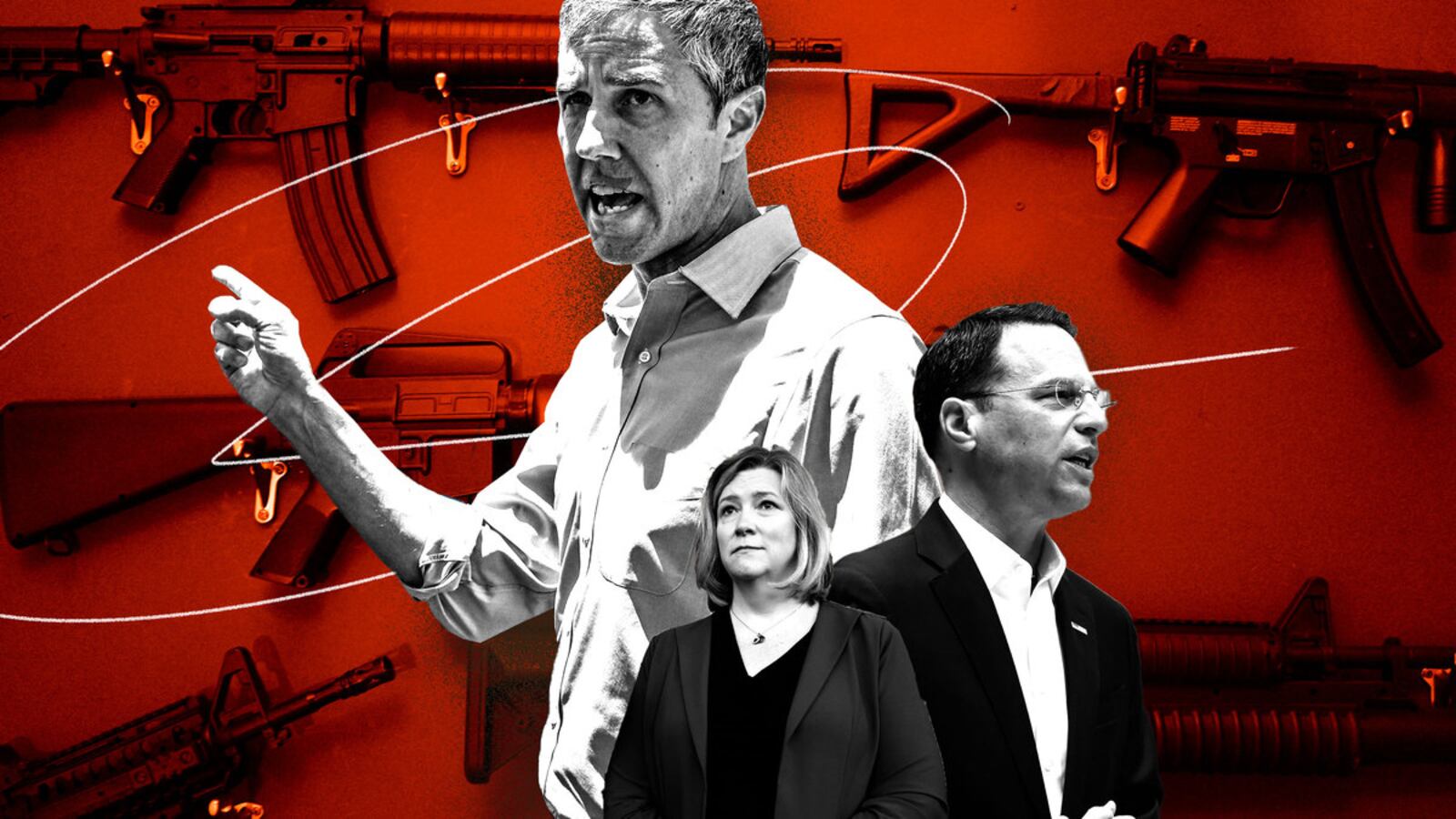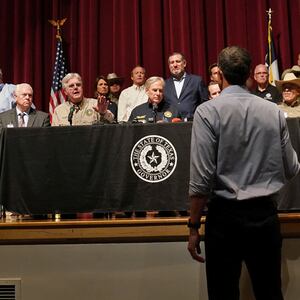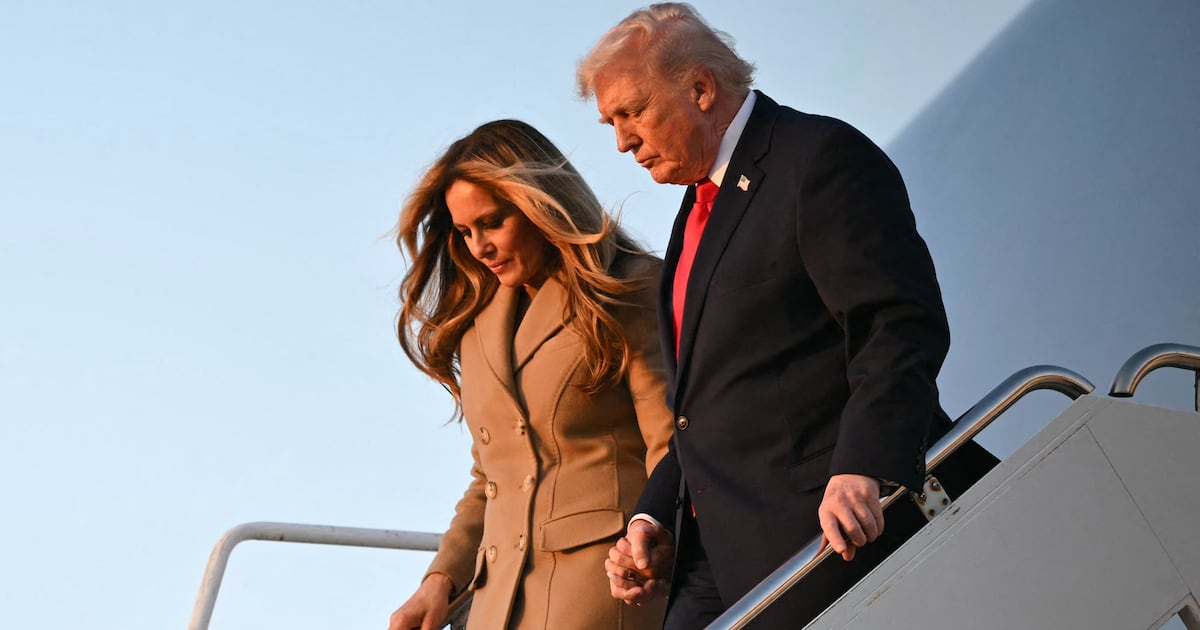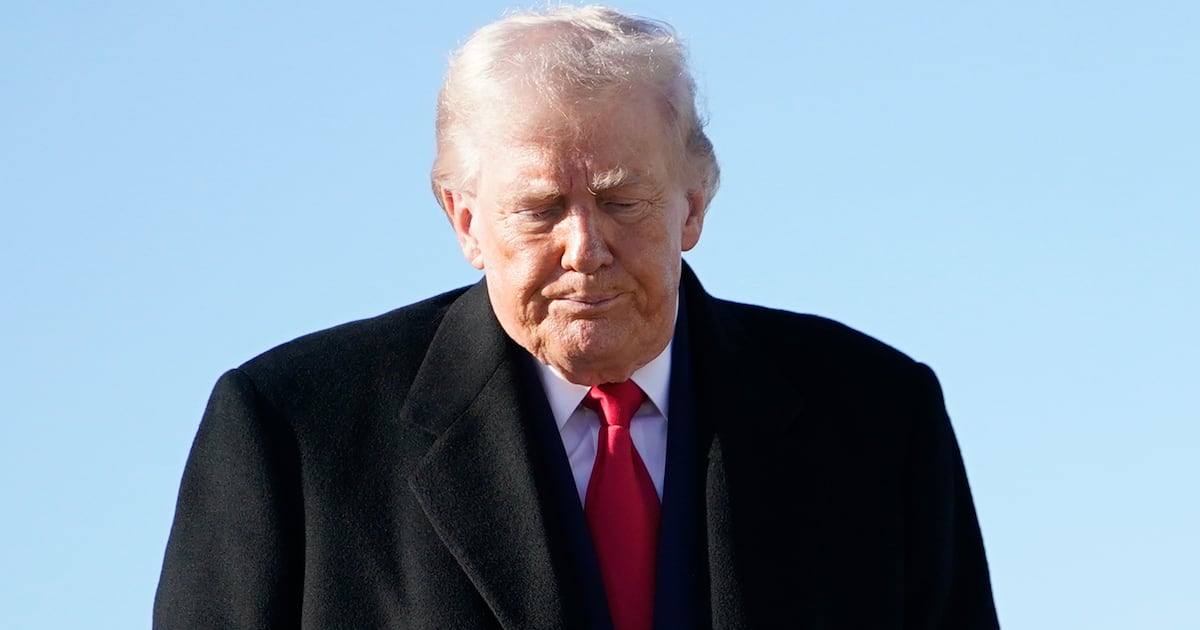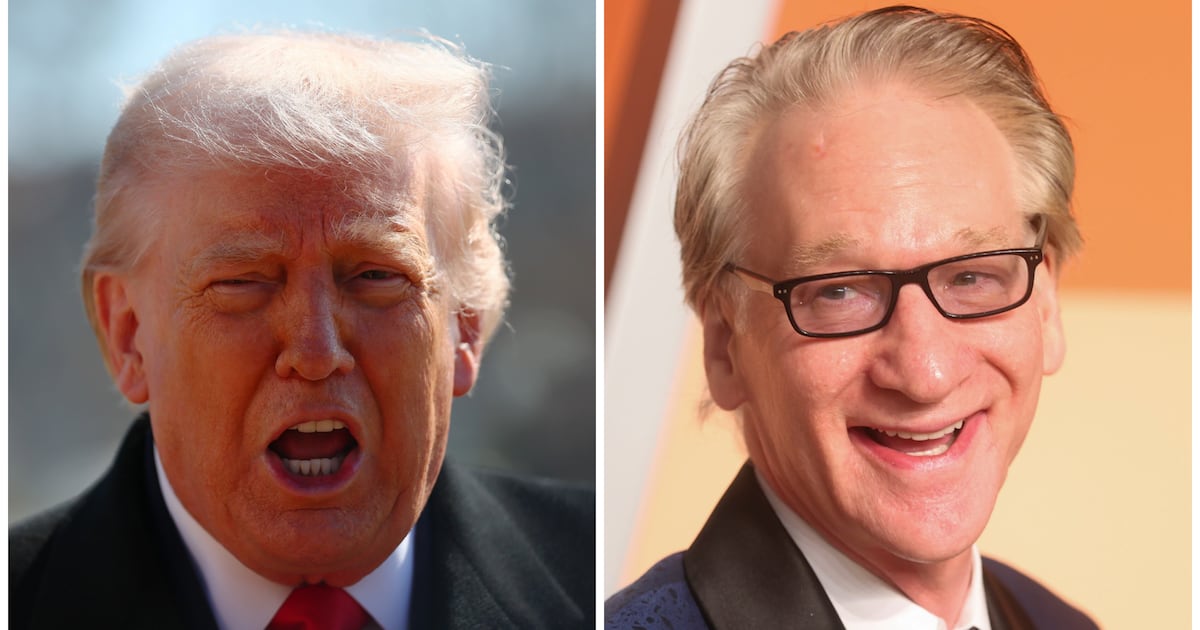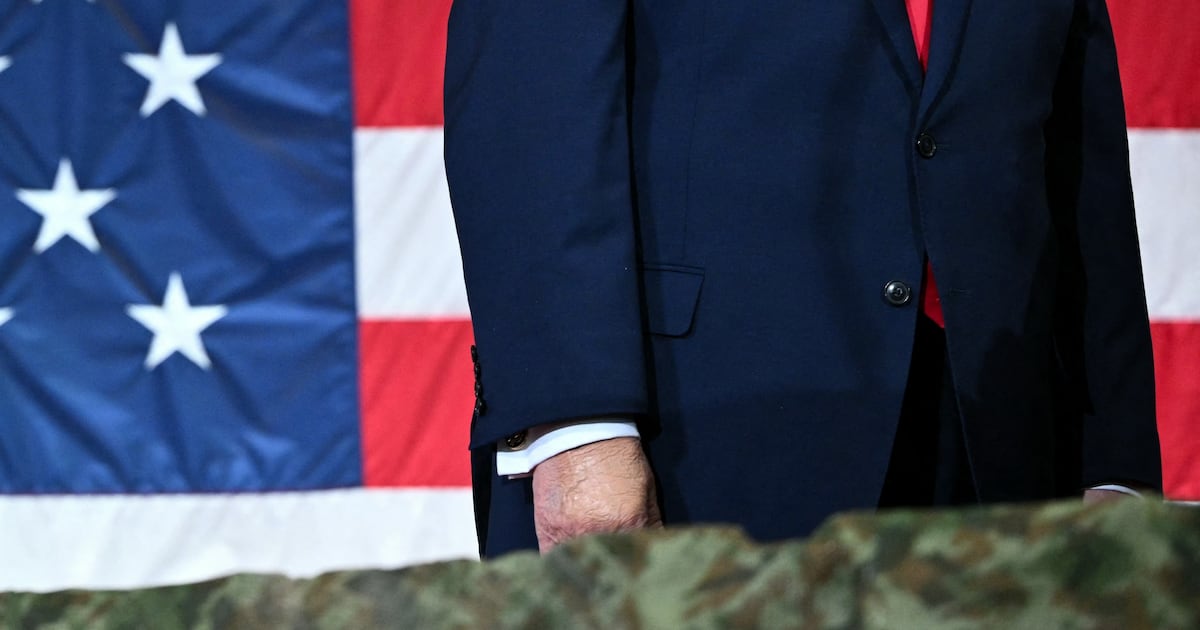Former Rep. Beto O’Rourke has never stopped talking about guns—but over the years, his ire toward current gun policy seems to have grown.
He’s long been a proponent of universal background checks. He loathes permitless carry. He advocates for red flag laws and a host of other policies to regulate gun ownership. Throughout his 2018 Senate run, he was clear on those positions, but gun policy wasn’t one of his most talked-about issues—in his campaign launch speech in 2017, he didn’t even mention it.
During his presidential run, a few years and a shocking number of mass shootings later, there was a notable shift. Gun control was one of his central issues—and one of his campaign’s most memorable moments was O’Rourke asserting on a debate stage, “Hell yes, we are going to take your AR-15, your AK-47.”
Then on Wednesday, just over a week after 19 children and two of their teachers were shot to death in their classroom, O’Rourke stood in front of a crowded gymnasium, imploring voters to help change course on guns by electing him instead of Governor Greg Abbott in the fall.
And though bread-and-butter issues are still a part of his platform, 2022-O’Rourke is making clear: He’s a gun-control candidate.
Throughout his 35-minute speech, O’Rourke ripped into Abbott for going to a fundraiser just hours after the massacre and bashed legislation Abbott signed allowing permitless carrying of handguns in the state. “Not only did he not take action to save the lives of our kids, he took action to make it more certain we will lose the lives of our kids,” O’Rourke told the crowded town hall.
But O’Rourke isn’t the only gubernatorial candidate this year latching on to the issue of gun control in the wake of a recent spate of mass shootings—and Texas isn’t the only state where that debate could make a difference.
Governors are in a unique position on gun control compared to politicians running for Congress or local election. As state executives, they hold the power of the pen and have the final say in their states on policy to expand or shrink gun access.
“Fundamentally, people think that Congress is going to do nothing and people know that their governor is going to do something,” Jared Leopold, a Democratic strategist who’s worked in gubernatorial campaigns, told The Daily Beast.
With that power on the line in 36 states, Democratic gubernatorial candidates are shaping their arguments on gun control accordingly.
In Pennsylvania, Democratic gubernatorial nominee and state Attorney General Josh Shapiro wasn’t shying away from conversations on gun control prior to Uvalde. It’s been a part of his job before—working on a crackdown of ghost guns in particular, to the extent that gun-rights groups have even campaigned for his impeachment.
But those positions take on new meaning in contrast to his Republican opponent: MAGA-brand state Sen. Doug Mastriano, who’s compared gun control proposals to the policies of Nazi Germany and wants to make Pennsylvania a “Second Amendment Sanctuary.”
“[O]ur opponent opposes common sense efforts supported by police chiefs and district attorneys that would make Pennsylvania communities safer… Shapiro is the only candidate who will fight to keep Pennsylvanians safe from gun violence,” Shapiro spokesperson Manuel Bonder told The Daily Beast in a statement.
In an April Giffords/Public Policy Institute poll of Pennsylvanians, 21 percent of respondents said reducing gun violence was the “most important issue” for them, while “45 percent said it was “very important” and 21 percent said it was “somewhat important.”
That order of priorities among Pennsylvanians makes for a “functional difference this election year,” Adam Garber, executive director for the gun-reform group Ceasefire Pennsylvania, told The Daily Beast.
Garber says his group is “very likely” to be involved in the gubernatorial election and other 2022 races in the state, focused on educating voters about candidates' positions on guns. While Ceasefire PA has not yet endorsed in the race, Garber said there’s a “fairly clear choice” between the two candidates.
“Senator Mastriano has constantly pushed policies that endanger public safety,” he said, pointing to the Republican’s record in the state Senate, where he supported permitless carry, among other measures.
As mayor of Dayton, Ohio, Nan Whaley saw firsthand how a mass shooting can rock a community when nine people were shot and killed outside of a bar in 2019.
The next day, she sat on stage near Republican Gov. Mike DeWine as he spoke to grieving citizens and watched as his words were eventually drowned out by the crowd chanting “Do something!”
Last week, now as DeWine’s Democratic challenger, Whaley slammed DeWine for not doing enough and failing to make good on his pledge.
“Frankly, never in our worst nightmare did we think what he would do was to make the situation worse,” Whaley told MSNBC. “He’s done that by passing and signing ‘Stand your ground’ and permitless and conceal carry, which makes our communities less safe, the opposite direction, and is something that really puts law enforcement in danger as well.”
Whaley said the passage of universal background checks and “extreme risk protection orders” would “actually make our communities more safe.”
During his tenure, DeWine has signed multiple bills to remove restrictions on guns, including the bills expanding access to permitless concealed carry and signed a separate “Stand your ground” law mentioned by Whaley.
On June 1, the Ohio state legislature passed legislation to lower the training requirements for teachers to carry guns from more than 700 hours to a maximum of 24 hours. DeWine has signaled he plans to sign that bill into law, too.
In the wake of the Uvalde shooting, DeWine now said he’s focused on mental health issues and improving school safety.
In Georgia, Democratic gubernatorial nominee Stacy Abrams this week launched her first general election ad, which took Republicans to task on guns, including over a bill passed in the legislature this year that allows permitless concealed carry. Abrams’ general election opponent, incumbent Gov. Brian Kemp (R), signed that bill into law last year.
Asked about the ad, Kemp campaign spokesman Tate Mitchell said Abrams was “desperate to change the conversation” away from inflation and said the governor will continue to focus on economic issues and job creation.
Abrams’ campaign is still digging in, with communications director Matt Blakely telling The Daily Beast in a statement, “Brian Kemp has to answer why amidst rising gun violence he made it easier for criminals to carry loaded, hidden guns in public, trading our lives for votes—to say nothing of him pointing a gun at a boy on TV to score cheap political points.”
Leopold said gubernatorial campaigns should be tailoring their messages on gun control to fit their state and suggested candidates should be selective in how they communicate the issue in differing demographic areas.
“If you look in Pennsylvania,” he said, “you would probably want to be up with a gun ad in Philadelphia and Philadelphia TV. But I wouldn't put it up in Scranton.”
He suspects the bulk of the debate on gun control will play out in the suburbs—alongside debates on abortion in particular—and said Democrats need to fight to win back suburban voters “who are starting to slip away.”
To be sure, Republicans are bound to be on the offensive regarding gun rights, too. Gun lobbies like the NRA haven’t backed down in the face of mass shootings before—including during the 2018 midterms where the “Parkland effect” was in play. And while the NRA has been bogged down by legal fees and infighting in recent years, their influence—and that of other pro-Second Amendment groups—remains strong among the Republican base.
And there’s another difficult factor for Democratic campaigns hoping to keep the momentum on gun control reform: maintaining voters’ attention.
Despite America’s persistent record of mass shootings, voters haven’t issued a mass rebuke of pro-gun, gun-lobby-backed politicians, and their attention for tragedy can be fleeting.
In Texas, like many states, attention spans for gun violence have faded before. A 2019 West Texas mass shooting that killed seven people didn’t prompt change. A 2019 shooting at an El Paso Walmart that killed 23 people didn’t sway the base. A 2018 high school shooting that killed 10 in Santa Fe didn’t spark a revolution. A 2017 shooting at a Sutherland Springs church killed 26 people gripped the airways in the immediate aftermath—then, eventually, the news cycle moved on.
And just a fortnight after the Uvalde shooting, while families are just beginning to lay their loved ones to rest, search traffic and social media interactions on the subject are already dwindling. A FiveThirtyEight analysis of public opinion surrounding school shootings found that favorability for gun control reforms has a record of notably increasing following the initial event—but then repeatedly falling back down afterward.
Leopold insisted the timing of midterms coinciding with back-to-school season could re-up the issue of school shootings in voters’ minds. “In midterms, people vote on emotion… and certainly right now if you're a parent of kids at school, this is one of the top issues on your agenda.”
Gun-control activists throughout the nation also argue they’re on a better trajectory this time around—and that they’re in these fights for the long haul.
Founder of the gun-control group Moms Demand Action Shannon Watts also told The Daily Beast in a statement her organization is ready to hash it out in gubernatorial races this year, deploying volunteers to help facilitate wins for pro-gun-control candidates.
“We’re seeing a groundswell of Americans across the country stand up and demand action on gun safety from their lawmakers. Meanwhile, gun lobby-backed governors have ignored opposition from law enforcement to pass dangerous laws like 'Criminal carry' and are responding to horrific school shootings by trying to arm teachers,” Watts said.
“Thankfully, we have strong Gun Sense Candidates challenging them who will put our safety over gun manufacturer profits—and our army of grassroots army volunteers are ready to help get them elected this November.”
The American Federation of Teachers this week did launch a gun-control campaign—and the National Education Association has also recently spoken out in favor of reforms.
David Hogg, who co-founded March for Our Lives after the 2018 Parkland High School shooting, tweeted on Thursday that, “This time is going to be different. Even if nothing changes in Congress it already is different. The movement is substantially larger now with the two largest teachers unions in the country joining forces with the movement to end gun violence. We’re building the infrastructure.”

